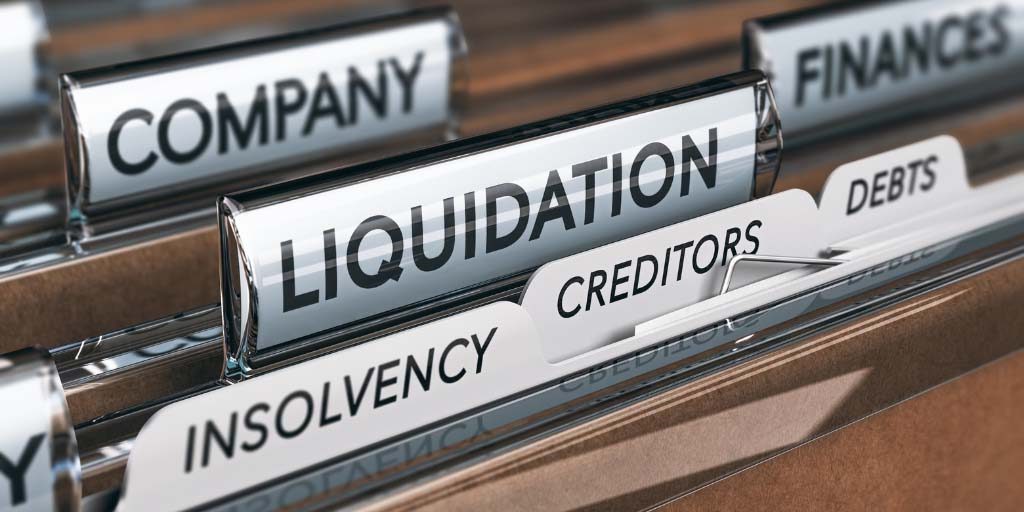Is your Company Facing Insolvency? Directors Beware of the Misfeasance Claim

Is your Company Facing Insolvency? Directors Beware of the Misfeasance Claim
Company directors face a heavy burden in circumstances where insolvency threatens at the doorstep. In those circumstances, the duty of care swings from the shareholders to the company creditors, and directors must bear the burden of additional liabilities arising under the Insolvency Act 1986 (the Act). The risk of personal liability becomes real and delinquent directors can be called to personally contribute for failing to prevent damage and taking proper steps to protect the creditors’ interests at the time of the company’ liquidation.
Directors of companies with solvency problems need to be aware of not just their duties of carrying on the business in a way to minimise losses of the creditors, but also of acting with honesty and integrity throughout. Those found guilty of fraudulent trading (s213), wrongful trading (s214) and/ or misfeasance (s212) under the Act, face hefty fines and contribution direction imposed by the court.
Unlike s213 and 214 of the Act, where the action is initiated upon application of the liquidator, in contrast, s212 is powerful section giving teeth to even third parties to be able to bring a claim against any officer of the company found guilty of gross misconduct, negligence, abuse of position and breach of fiduciary or other duties in connection with carrying out their functions in relation to the company. If the court finds the officer guilty of misfeasance and breach under this section, the court can compel them to repay, restore or contribute such sum as the court thinks the officer unjustly benefited from during the time the company was in financial distress.
Section 212 of the Act also allows unhappy creditors from bringing a claim, though they must be able to demonstrate to the court that have personally suffered a loss because of the misfeasance, rather than relying on the general loss to the insolvent company. Interestingly, the recovery under s212 claim forms part of the general assets of the insolvent company, and as such, may be covered by a prior charge or assignment over the future property. Thus, if an unsecured creditor does decide to bring the misfeasance claim, as his interests ranks second to that of a secured creditor, he may only be able to recover a lesser amount than what was originally anticipated.
It is also worth keeping in mind the discretionary nature of the relief under s212. At its core, lies the court’s power to exercise its discretion to relieve the delinquent director from liability. Even if the evidence of misfeasance or breach of duties is overwhelming, the court may only order a limited contribution by the director, as happened in the recent case of Glam and Tan Limited – in Liquidation v Mrs Danielle Litras [2022] EWHC 855 (Ch). In this case, Mrs L, ran a beauty salon which went into liquidation. The liquidator claimed misfeasance of nearly £150,000, alleging that Mrs L had benefitted from unlawful payments of company funds to herself. Mrs L argued that majority were business expenses and that it was in fact her controlling and abusive husband, who was controlling her decisions. The judge stated that having regard to all the evidence, he did not consider that Mrs L should be made personally liable to contribute the sums wrongfully paid out, when her free will had been subjugated to the will of her husband under threat of violence. Mrs L was thus only ordered to pay £70,705.82 as contribution, an amount significantly lower than what had been claimed.
This case serves as a useful reminder of the wide discretionary powers of the court when considering a s212 claim and offers a glimmer of relief to the directors of the companies facing imminent insolvency. It will be interesting to see how the above judgment impacts the current trend of rising misfeasance claims, as the temporary government relief measures are rolled back, and companies are left clutching heavily insolvent balance sheets.
Speak to our Commercial Dispute Resolution team today
For more information or to discuss further, please contact our specialist dispute resolution lawyers on 0330 175 7621 or email commercialdisputes@ibblaw.co.uk.
